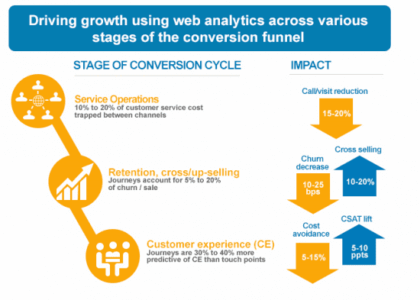The Power of Data: Unleashing Insights for Success
Data is the lifeblood of the modern world, driving decisions, innovations, and progress across industries. In its raw form, data may seem like an overwhelming collection of numbers and facts, but when harnessed effectively, it becomes a powerful tool that can unlock valuable insights and drive success.
Understanding the Value of Data
Every interaction we have with technology generates data – from browsing the internet to making purchases online. This vast amount of information holds immense potential for businesses looking to understand their customers better, streamline operations, and make informed decisions.
The Role of Data in Business
Businesses today rely on data to gain a competitive edge. By analysing customer preferences, market trends, and operational metrics, companies can tailor their strategies to meet evolving demands and stay ahead of the curve. Data-driven decision-making has become a cornerstone of successful business operations.
The Power of Data Analytics
Data analytics is the process of examining large datasets to uncover patterns, trends, and insights that can inform strategic decisions. Through advanced analytics techniques such as machine learning and artificial intelligence, businesses can extract valuable information from data to drive growth and innovation.
Challenges and Opportunities
While data presents immense opportunities for businesses, it also comes with challenges such as data security and privacy concerns. It is crucial for organisations to implement robust data governance practices to ensure compliance with regulations and protect sensitive information.
Embracing a Data-Driven Future
As we move towards an increasingly digital world, the ability to harness the power of data will be a key differentiator for businesses seeking long-term success. By investing in data analytics capabilities and fostering a culture that values data-driven insights, organisations can position themselves for growth in a rapidly evolving landscape.
Five Essential Tips for Effective Data Management and Security
- Ensure data accuracy by regularly validating and cleaning your datasets.
- Protect sensitive data by implementing strong security measures such as encryption.
- Analyse data trends to identify patterns and make informed decisions.
- Back up your data regularly to prevent loss in case of system failures or cyber attacks.
- Comply with data protection regulations to avoid legal issues and maintain trust with customers.
Ensure data accuracy by regularly validating and cleaning your datasets.
Ensuring data accuracy is paramount in making informed decisions and deriving meaningful insights. By regularly validating and cleaning datasets, businesses can maintain the integrity of their data, identify and rectify errors or inconsistencies, and enhance the overall quality of information. This proactive approach not only improves the reliability of analysis but also instils confidence in the data-driven decisions that drive business success.
Protect sensitive data by implementing strong security measures such as encryption.
To safeguard sensitive data from potential threats and breaches, it is crucial to implement robust security measures like encryption. Encryption technology plays a vital role in securing information by converting it into a coded format that can only be accessed with the appropriate decryption key. By integrating encryption protocols into data storage and transmission processes, organisations can significantly enhance their data protection efforts and mitigate the risk of unauthorised access or cyber attacks.
Analyse data trends to identify patterns and make informed decisions.
Analysing data trends is a critical practice that enables businesses to uncover valuable patterns and insights, empowering them to make informed decisions with confidence. By examining the trajectory of data over time, organisations can identify recurring patterns, correlations, and anomalies that provide valuable guidance for strategic planning and operational improvements. This proactive approach to data analysis not only enhances decision-making processes but also helps businesses stay agile and responsive in a rapidly changing environment.
Back up your data regularly to prevent loss in case of system failures or cyber attacks.
It is crucial to back up your data regularly to safeguard against potential loss due to system failures or cyber attacks. By maintaining up-to-date backups of your important files and information, you can ensure that even in the event of unexpected incidents, such as hardware malfunctions or security breaches, your data remains secure and accessible. Regular data backups provide an essential layer of protection and peace of mind, enabling you to recover swiftly and minimise disruptions to your operations.
Comply with data protection regulations to avoid legal issues and maintain trust with customers.
Ensuring compliance with data protection regulations is crucial for businesses to mitigate legal risks and uphold trust with their customers. By adhering to established data protection laws and guidelines, organisations demonstrate their commitment to safeguarding sensitive information and respecting individual privacy rights. Maintaining regulatory compliance not only helps avoid costly legal issues but also fosters a positive relationship with customers, instilling confidence in the handling of their personal data.






